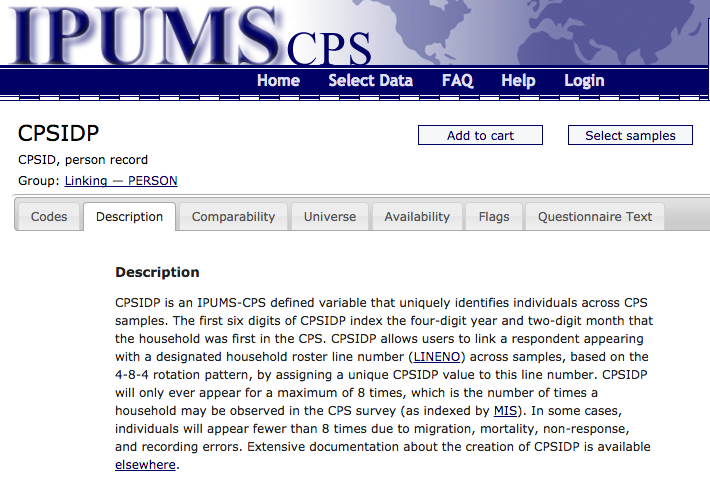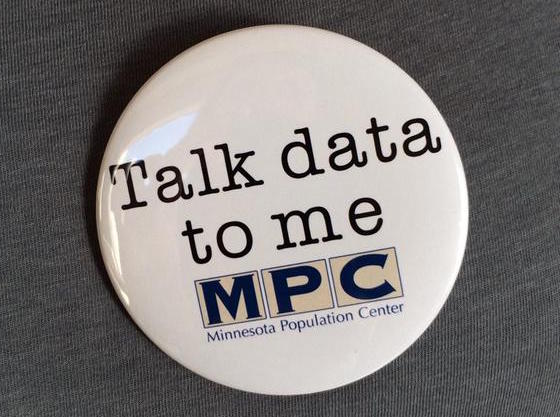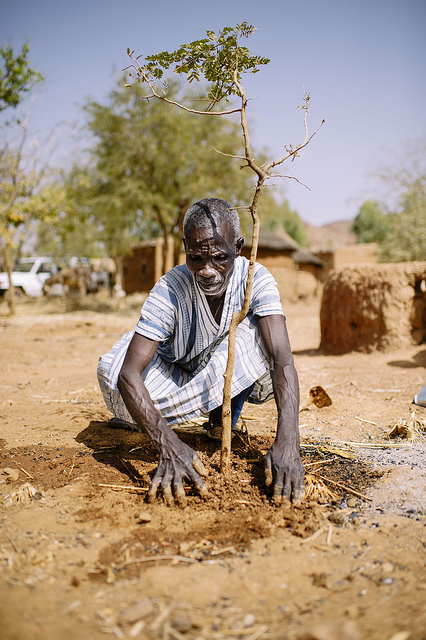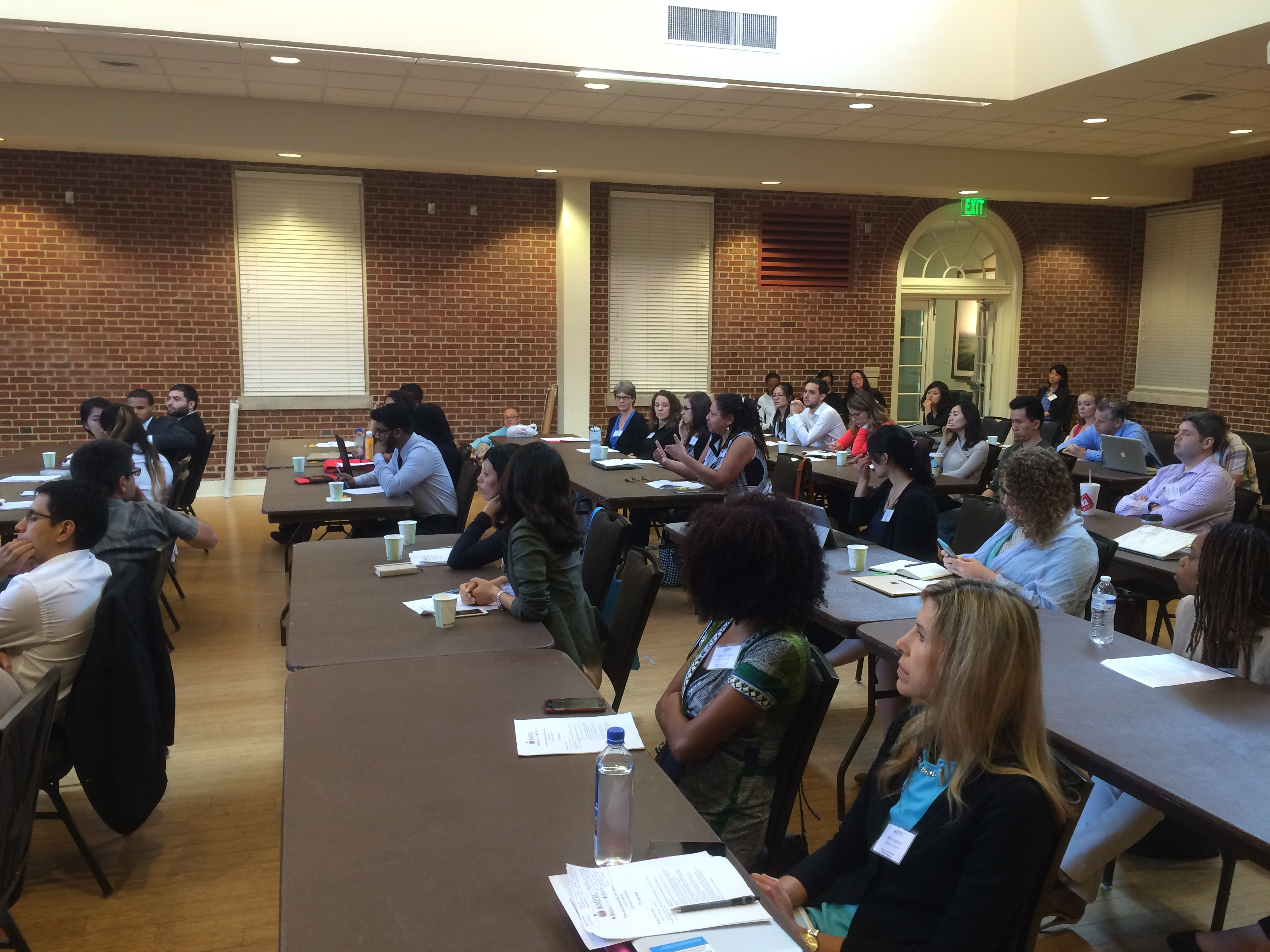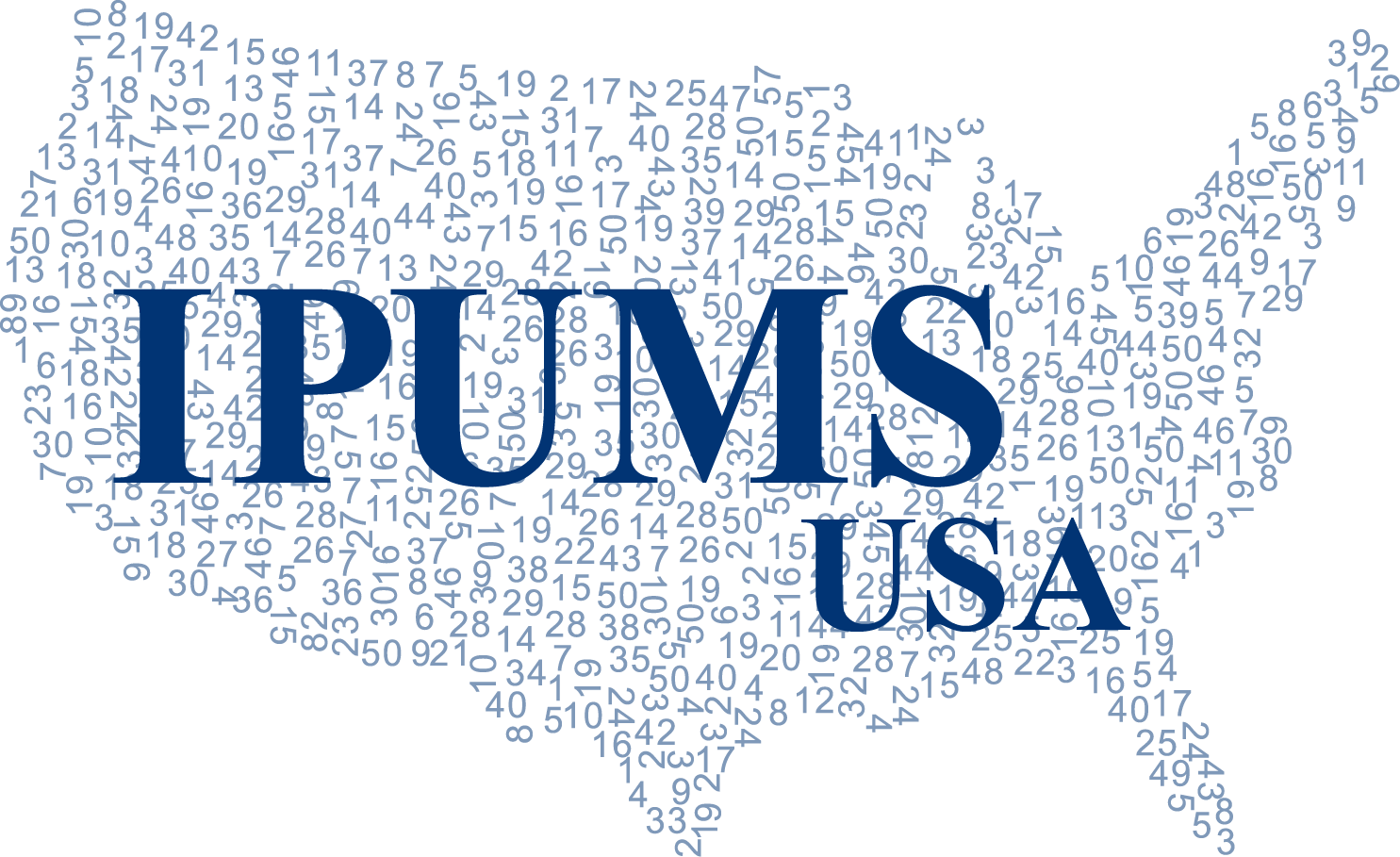
The team at IPUMS-USA is excited to announce the release of the 2015 American Community Survey (ACS) microdata file. IPUMS USA now contains 16 years of yearly ACS microdata for analysis. For researchers, ACS data is the most frequently used IPUMS data.

